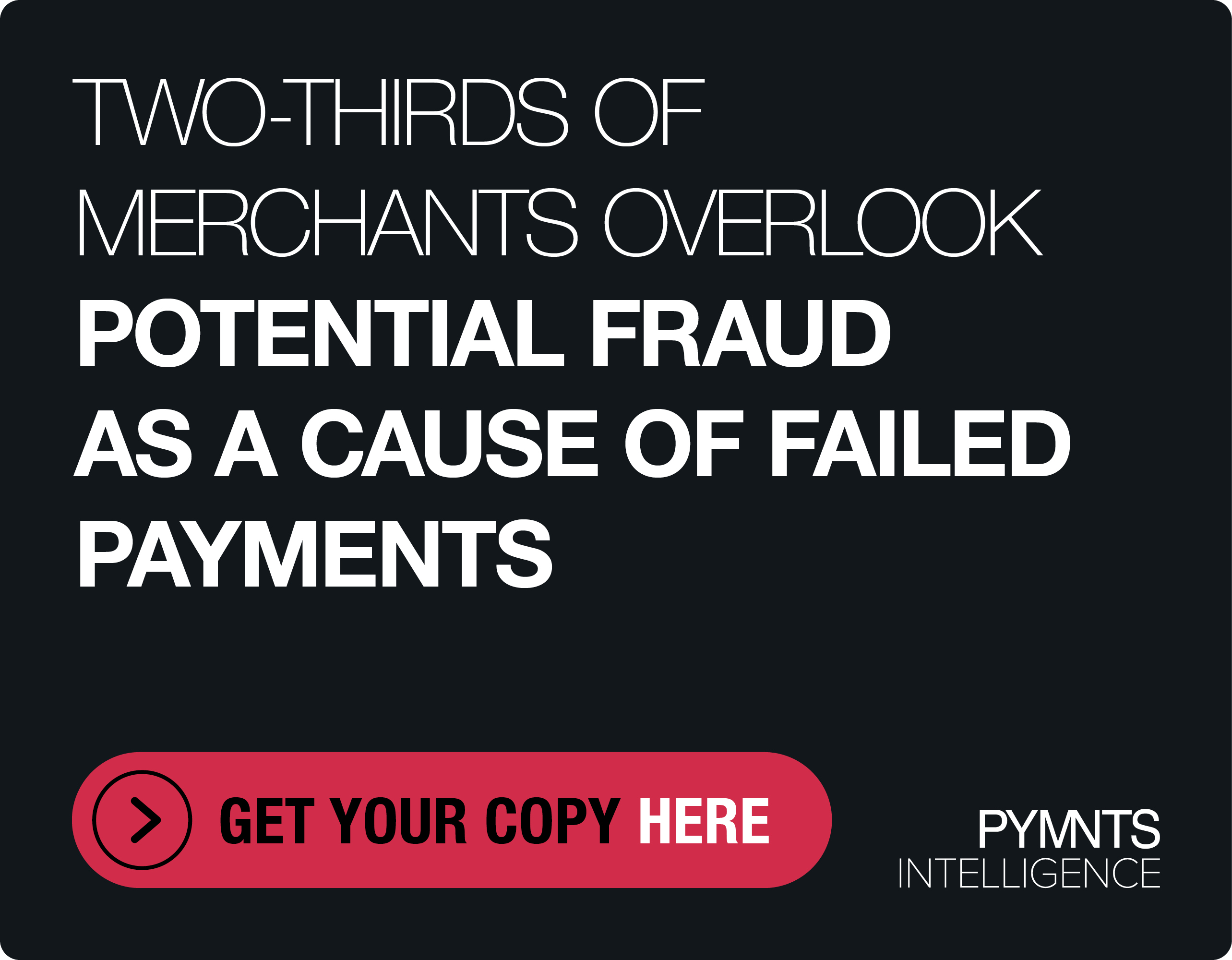PleaseNotes CEO On Why It Pays To Be Positive And Persistent

There are bootstrapped startups, and there are startups that aspire to bootstraps when they first enter the market. For PleaseNotes, a firm that specializes in offering customers affirming materials like guided journals, sticky pads and stickers, its earliest days were closer to the former category than the latter.
Founder Cheryl Sutherland quit her 9-to-5 job in 2016 and funded her early efforts with personal savings and credit cards. She had two products: a single version of her trademark journal printed with positive and affirming messages from luminary minds and a single version of a collection of optimistic sticky notes.
She then moved on to Kickstarter, where she managed to meet and exceed her $15,000 stretch goal.
According to Sutherland, the brand in those early and unsure days was largely a labor of love, driven by a desire to offer a product that could really help women – particularly women of color.
In fact, she described herself to Hello Giggles as “on a mission to help women of color step into their power.”
Because as Sutherland has moved to build her firm and scale its offerings, she has learned that confidence isn’t just a nice thing – it is a necessary thing. For a female entrepreneur of color, navigating the world of investment funding is not an easy or terribly inspiring experience.
Investors have “ghosted” on meetings with her, Sutherland noted – and in some cases have been extremely aggressive in questioning her business, her results and why she thinks she has any chance of building much past her early success on Kickstarter. She remembers one early attempt at fundraising that was particularly discouraging.
“I went in very prepared to talk [about] what I wanted and needed, and what the next steps were,” she recalled. “I was very focused on how many units I had moved worldwide, and the Kickstarter at the time was at 150 percent of its goal. But I was hit hard by investors who didn’t see the future, didn’t see scale and quickly determined that anyone could do what I was doing here.”
Discouraging news – but, as she noted, it was something that entrepreneurs of all races and genders face. But those initial frustrating experiences in trying to find investors went beyond early phase hurdles. Investors would seem to be in serious talks with PleaseNotes, before suddenly disappearing. Or Sutherland would get investment offers that were borderline insulting.
“I had some investors come in and want to own a piece of the business for a very small amount of funding,” she said. “One investor wanted to get 30 percent of the company for $10,000. He wanted me to fly to see him once a month for status checks, at my expense, and not bring out any new products until I ran them through him. He also wanted to own the company outright if I died. It was really a test of my own self-worth, and I said, my soul isn’t worth this.”
Sutherland did not seek a small business loan, a choice she now regrets, because her reasons basically broke down to a failure of confidence in her model – she didn’t think she could find a loan for a paper-based business in the age of digital everything.
She was, however, able to procure a “magnificent grant from Futurpreneur.” The grant will have to be paid back at some point – but above and beyond the funds, it has also given Sutherland a mentor to work with for two years.
Messages are powerful things, Sutherland noted. Being told “you can’t” all the time has a profound effect – something she learned early and often in her business’ founding days. And those messages can break anyone down, she added, because you start wondering if perhaps everyone is right, and that maybe this idea can’t be done.
But Sutherland believes in her product – and, perhaps more importantly, she believes in her mission: feeding people little bits of affirmation they need as they are go through their days.
“By having items you could see and use at work, home and on the go, you can reinforce the new belief you want to build within yourself. Can you imagine being 10 percent more confident, or happy, or abundant? Such a small percentage can make a huge impact on a person’s life, health and activities they do,” she noted.
